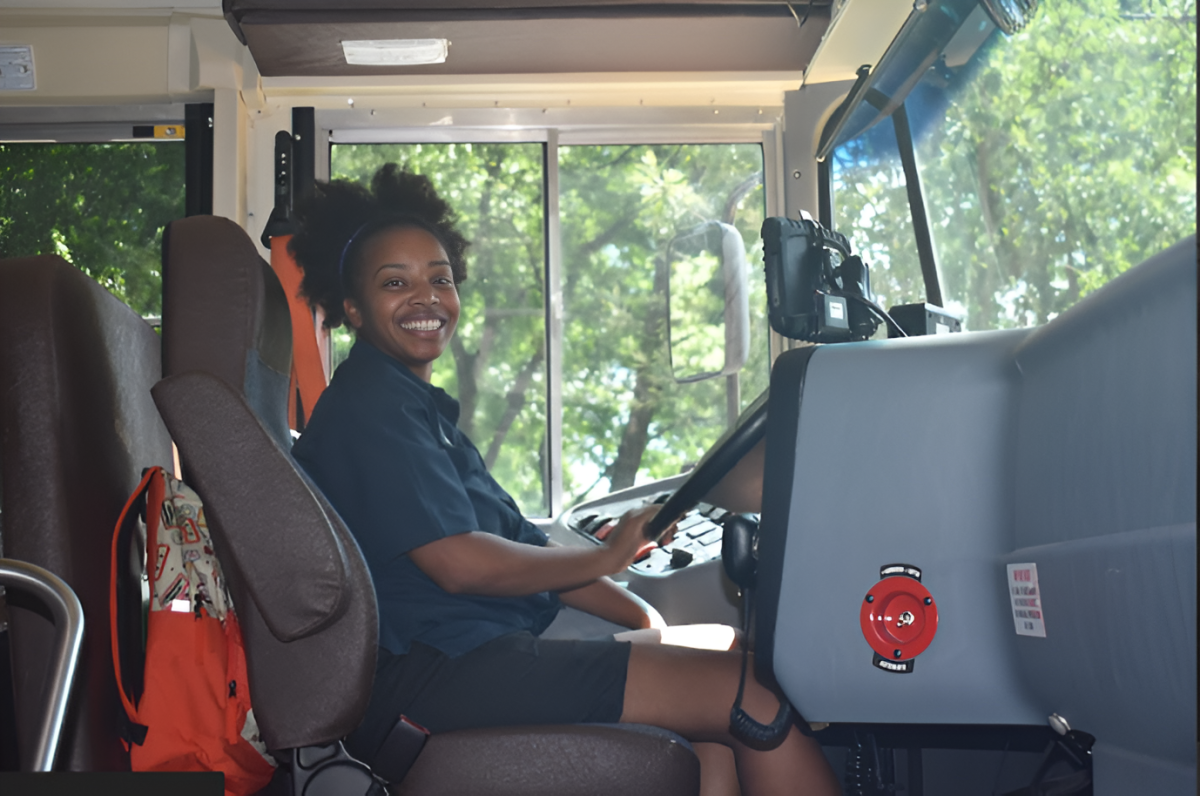Rural voters invaluable in state wide elections
September 24, 2017

Although the 2018 election for governor is more than a year out, Georgia gubernatorial hopefuls are already hot on the campaign trail. They are not, however, stopping in major population areas, but in rural Georgia counties.
While both parties hold initial advantages in different areas, this shows that candidates are starting to treat this as a statewide election.
In the past decade, a quickly urbanized Georgia has left rural areas to fend for themselves as internet is slower, healthcare is not guaranteed and jobs are disappearing. For Atlanta residents with stable access to all of these, this should be of little concern, right? Wrong.
As evidenced by Donald Trump’s presidential win, especially in Pennsylvania, overlooked voters pack a punch. Democrats failed to appeal to blue collar workers in the coal belt, arguably costing Hillary Clinton the election.
And since November, four state seats in 29 special elections across the country flipped from Republican to Democrat, while none flipped the opposite way. Almost everything appears to be up for grabs, which means nothing, and no one, can be taken for granted.
Gubernatorial candidates, such as Lt. Gov. Casey Cagle (R) and Georgia House Minority Leader Stacey Abrams (D), are doing just that: making sure that the voice of a rural population in need of assistance is heard.
According to a report by the Georgia Board for Physician Workforce, in 2014, Georgia ranked 40th in the United States in adequate distribution of doctors by specialty and geographic location. Some Georgia residents have to travel 50 miles to reach adequate hospitals. And even then, 10 hospitals have closed in rural Georgia since 2001. After the state failed to expand Medicaid, access to good healthcare in rural areas is quickly disappearing.
Not only is healthcare scarce, it can also be difficult for many rural Georgians to afford. Between 2007 and 2014, Berrien County lost over a quarter of its jobs according to the Center for State and Local Finance. In that same period, more populated areas saw 90 percent of the state’s total job growth. New technology is making a large number of manual factory workers more obsolete, and rural residents are now scrambling for more menial, lower paying jobs.
Broadband internet service is essential for anyone hoping to keep up with the times. In Atlanta, it is not hard to come by, but that is not the case across Georgia. Because internet is an essential for many industries, unreliable broadband slows down more than just a page refresh.
For example, an opioid treatment center was schedule to open in Dahlonega on Sept. 10. According to the Atlanta Journal-Constitution, it needs at least 100 megabits per second to function properly. According to State Rep. Steve Gooch (R), the center would be lucky to get 10 megabits per second.
While it is important to bring change, such as expanding federal and state healthcare or supporting economic programs to bring job growth outside major cities, it is more important to acknowledge the problems in the first place and pledge to be a champion for them. Atlanta candidates and voters cannot only pay attention to Atlanta issues.
In Georgia statewide elections, candidates cannot rely solely on big cities for wins. Ignoring the needs of the working class and those in rural Georgia is what gets people like Donald Trump elected — people with little guarantee of being able to provide any relief to a struggling population. In this early gubernatorial campaign, candidates are taking steps to make this happen.





